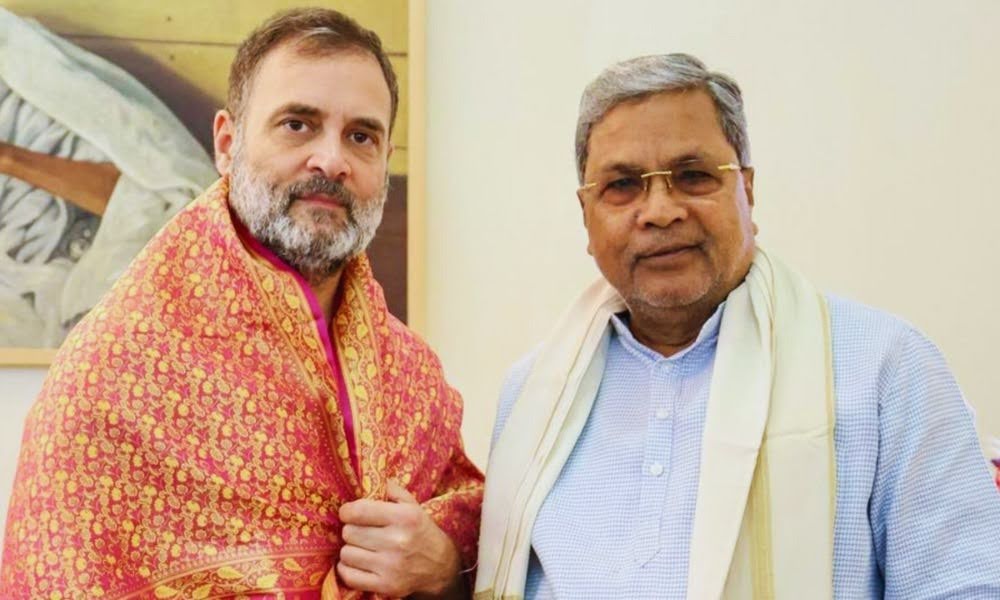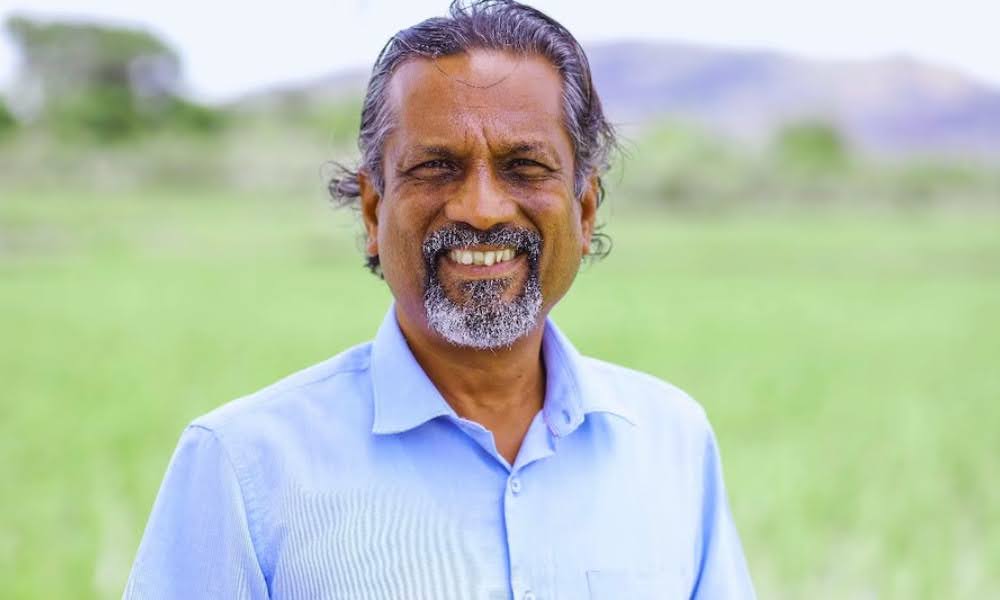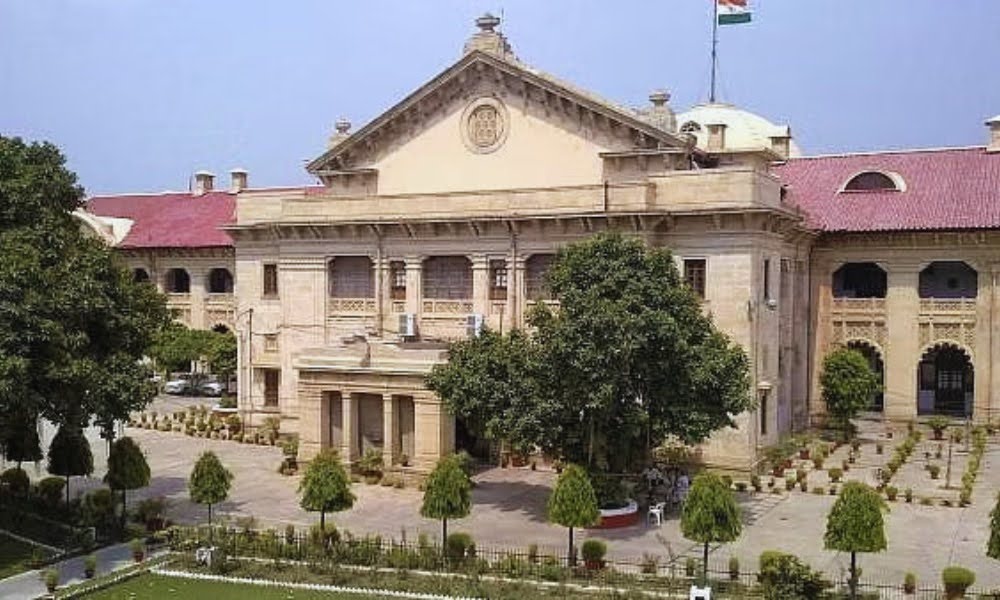Karnataka CM Siddaramaiah Backs ‘Rohith Vemula Act’ to Tackle Caste Bias in Educational Institutions

Karnataka Chief Minister Siddaramaiah has confirmed that his government will introduce the Rohith Vemula Act to eradicate caste- and identity-based discrimination in educational institutions across the state.
This assurance came in response to a letter from Congress leader Rahul Gandhi, dated April 16, urging the enactment of the law.
Government’s Commitment to End Discrimination
In a social media post on X, Siddaramaiah stated, “Our government stands firm in its resolve to enact the Rohith Vemula Act in Karnataka — to ensure no student faces discrimination based on caste, class, or religion.
We will bring this legislation at the earliest to honour the dreams of Rohith, Payal, Darshan, and countless others who deserved dignity, not exclusion.” He also expressed gratitude to Rahul Gandhi for his letter and his commitment to social justice.
Rahul Gandhi’s Call to Action
Rahul Gandhi had earlier urged the Karnataka government to pass the legislation, referencing the lifelong discrimination faced by Dr. B.R. Ambedkar.
Quoting Ambedkar’s school experiences, Gandhi wrote, “I knew I was an untouchable, and that untouchables were subjected to certain indignities and discriminations. For instance, I knew that in school I could not sit in the midst of my classmates according to my rank, but I was to sit in a corner by myself.”
He added, “It is a shame that even today millions of students from Dalit, Adivasi and OBC communities have to face such brutal discrimination in our educational system.”
Gandhi’s letter reflected the ongoing relevance of Ambedkar’s struggles and highlighted the need for strong legislative measures.
Remembering Rohith Vemula
The proposed legislation is named in memory of Rohith Vemula, a PhD scholar at the University of Hyderabad who died by suicide on January 17, 2016.
His death, widely described by activists and students as an “institutional murder,” drew national attention to caste-based discrimination in higher education.
In his suicide note, Vemula wrote, “My birth is my fatal accident,” and lamented the reduction of a person’s value to their “immediate identity and nearest possibility.”
The case sparked a widespread movement demanding justice and reforms in the academic space, with activists calling for systemic change to prevent further tragedies.
Honour and Legislation for Lost Lives
Siddaramaiah’s post on X reiterated the government’s determination to act swiftly.
“We will bring this legislation at the earliest to honour the dreams of Rohith, Payal, Darshan, and countless others who deserved dignity, not exclusion,” he wrote.
The act is expected to be a tribute to these students who lost their lives due to discrimination and exclusion.
The Chief Minister emphasized, “This will be a step towards realising Dr BR Ambedkar’s vision of an equal, compassionate India.”
Personal Accounts and Painful Legacies
Rahul Gandhi, in his correspondence, also referred to Ambedkar’s painful experiences beyond the classroom.
Citing another instance from Ambedkar’s life, he wrote, “Here he describes an incident during a long bullock cart journey. There was plenty of food with us. There was hunger burning within us; with all this, we were to sleep without food; that was because we could get no water, and we could get no water because we were untouchables.”
Gandhi stressed that caste discrimination still permeates modern educational environments.
“Recently, I met students and teachers from Dalit, Adivasi and OBC communities in Parliament. During the conversation, they told me how they face caste-based discrimination in colleges and universities,” he posted on X.
Urgency in Legislative Action
Highlighting that the deaths of students like Rohith Vemula, Payal Tadvi, and Darshan Solanki were the results of systemic injustice, Rahul Gandhi asserted, “Such horrific incidents cannot be tolerated at any cost. Now is the time to put a complete stop to this injustice.”
He concluded his appeal with a powerful message: “No child of India should have to face the casteism that Babasaheb Ambedkar, Rohith Vemula and crores of people have faced.”
The Path Forward
The Karnataka government’s decision to act on Rahul Gandhi’s appeal and enact the Rohith Vemula Act marks a significant moment in the fight against caste discrimination in India’s educational institutions.
With growing calls for justice and equality, the proposed legislation aims to create an academic environment free from bias and exclusion.









